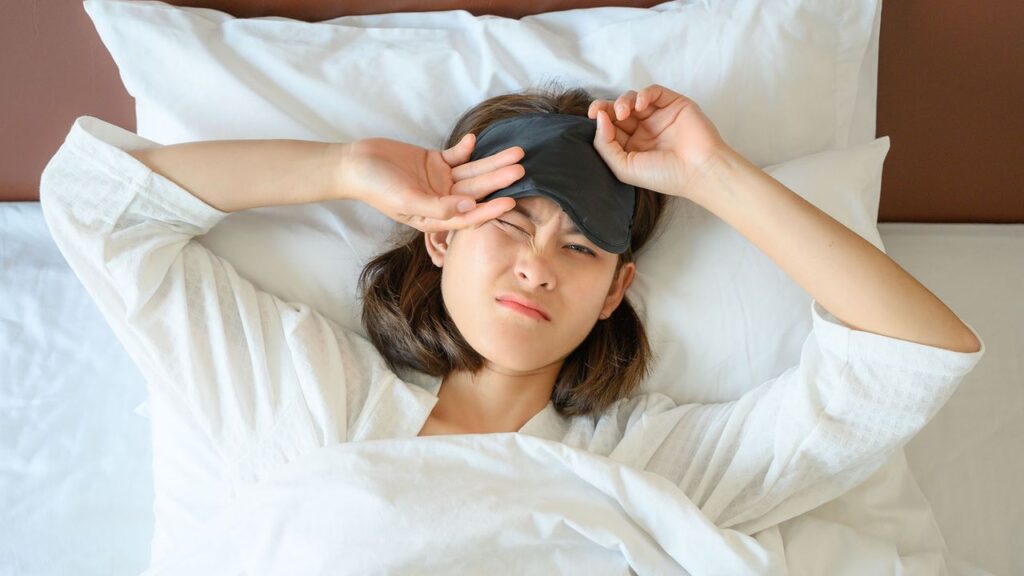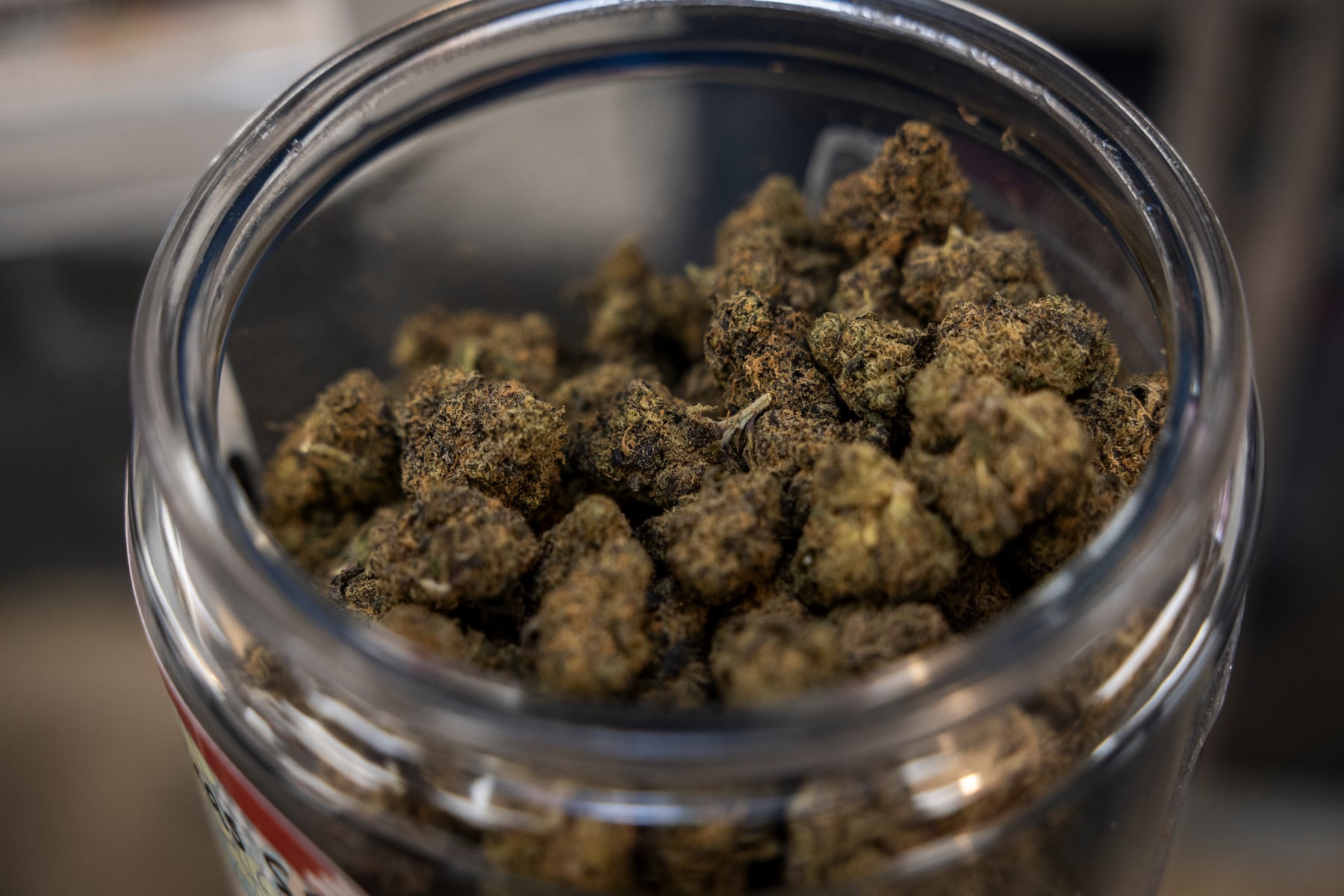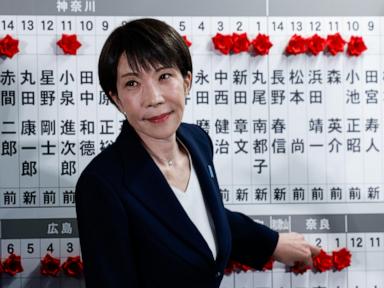
Conceptual of woman lifestyle.
Students returning to academic life often experience a phenomenon known as social jet lag, which can negatively affect their academic performance. This condition arises from the discrepancy between sleep patterns during the week and on weekends. A 2022 study involving nearly 300 university students found that participants exhibited clear signs of social jet lag, characterized by shorter sleep durations on school days and longer sleep durations on free days.
Understanding Social Jet Lag
Social jet lag refers to a misalignment between an individual’s internal body clock and their social obligations, such as school and work. According to Till Roenneberg, a professor who coined the term in 2006, this mismatch can lead to significant sleep debt. His research indicates that over 80% of the population relies on alarm clocks to wake up early and accumulate sleep shortages throughout the week.
Studies estimate that around 70% of students and workers experience at least one hour of social jet lag each week, with half reporting two hours or more. This phenomenon can lead to chronic sleep deprivation, diminished sleep quality, and impaired cognitive function.
The Academic Impact of Poor Sleep
The effects of social jet lag extend beyond mere fatigue; they can significantly impact academic performance. Dr. Liji Thomas, MD, notes that disrupted circadian rhythms reduce sleep quality, which in turn impairs learning capabilities. Insufficient sleep can diminish a student’s ability to learn by as much as 40%.
Research published in Nature examined data from nearly 15,000 university students, finding that 60% experienced an average of 30 minutes of daily social jet lag. The study concluded that greater social jet lag correlated with lower academic performance. Another analysis indicated that the negative effects on grades were particularly pronounced during busy lecture periods, although these effects diminished during exam times when students had more flexible schedules.
Strategies to Improve Sleep
Despite the challenges posed by social jet lag, students can adopt several strategies to improve their sleep quality. Experts recommend maintaining consistent sleep schedules and enhancing sleep hygiene. Here are five products that can help students achieve better rest:
1. Lucid 4″ Gel Memory Foam Topper: Priced at $86.02 on Amazon, this topper enhances comfort and support for dorm beds. It is particularly beneficial for side sleepers.
2. Casper Back to School Bundle: Currently available for $770 (down from $1,033), this bundle includes a robust mattress and other essential sleep items.
3. Loop Quiet 2 Earplugs: Effective at reducing noise, these earplugs are priced at $20.95 and help create a quieter sleep environment.
4. Hooga Red Book Light: Available for $12.99, this reading light emits red light, minimizing blue light exposure to promote better sleep.
5. SMUG Satin Sleep Mask: Sold for as low as $6.99, this comfortable eye mask is an affordable solution for blocking light, making it easier to fall asleep.
By understanding social jet lag and implementing these strategies, students can improve their sleep quality and, in turn, enhance their academic performance. As the new semester unfolds, prioritizing sleep may be one of the most effective ways to achieve success in both studies and overall well-being.







